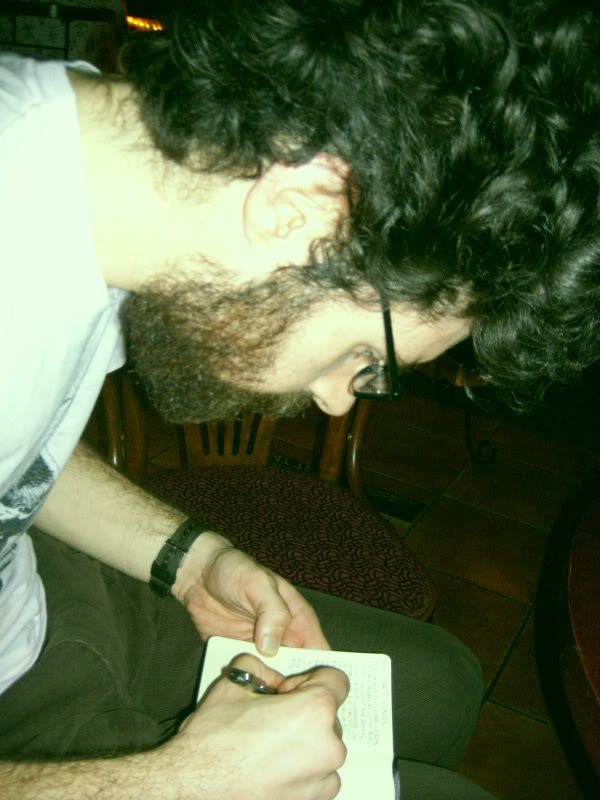Okay, so further research indicates that there are, in fact, some hardliners here in the Republic of Korea. Recent editorials have taken a more aggressive stance against the northern brothers, and you even hear denouncement of former president Kim Dae-jung and the sunshine policy. In the legislature, there was heavy bickering between the ruling Uri party and the opposition conservative Grand National Party over how to word the resolution condemning North Korea. Even the polls are showing broad popular support for a move away from the engagement policy, and even moderate support for a South Korean nuclear weapons program. So it looks like I may have to retract my statement about South Koreans being more sensible than Americans on this developing situation. It seems like hard-line crazies really do just encourage that behavior to come out in others. At least the heavy legislative debate shows that there are multiple opinions, and not everyone in the government wants to go off the deep end on this one. (unfortunately, safari does not support the link adding feature of blogger (or if it does, I can't figure out how to do it), so the links I wanted to add here are not working. People interested in what the South Korea news media has to say should go to http://joongangdaily.joins.com/, the definitive South Korean english language news site.)
Opinions among my students are reading in a similar fashion. A lot of my kids place at least partial blame for this situation on the United States, but there are some super-nationalist opinions out there too. One kid told me yesterday that the US should instigate a nuclear attack on Pyongyang. When I pushed him on this, he softened his position to say that the US should just assassinate Kim Jong-il. Again, though, almost all my kids assume that it is only a matter of time before there will be reunification on the peninsula. Even among the kids who think there should be punishments against the north, there is almost unanimous agreement that further isolation of the country would be a bad thing.
One particularly interesting aspect of my students’ opinions is the surprising clarity with which they understand the issue of nuclear proliferation. Thinking back to when I was in middle school, I don’t think I really paid attention to nuclear proliferation, much less understood the ins and outs of it. The most consistent (by far) answer I get when I ask what should be done to stop proliferation is that the US and other nuclear armed countries need to start depleting their nuclear arsenals before they can legitimately tell other countries not to develop nuclear weapons. Almost every single one of my students understands this. I don’t think that idea would even cross the minds of thirteen-year-old American kids. Of course, serious politicians cannot publicly subscribe to this idea, fearing the ever-powerful scorn of the mighty Washington, but it’s comforting to know that the new generation has some sense when it comes to this issue. Still, I will never understand why popular debate never mentions the 12,000 (or whatever the number of nuclear weapons the US has squirreled is) reasons other countries have for desiring a nuclear arsenal.
10/13/06
Subscribe to:
Post Comments (Atom)

No comments:
Post a Comment